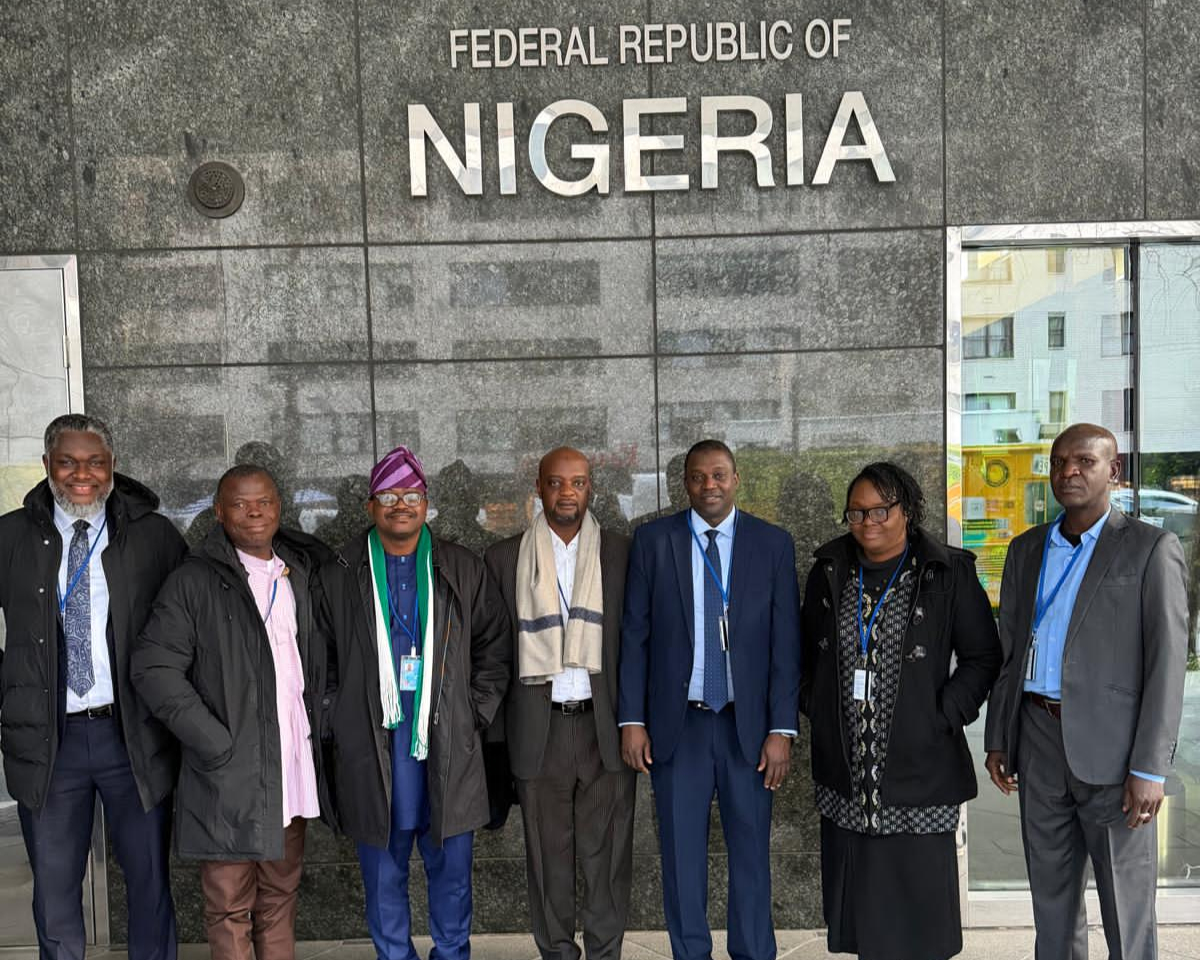
Stakeholders in the telecoms sector have called for increased investment and government-backed funding to strengthen the industry. Speaking at the Nigeria Telecoms Forum with the theme: ‘Towards a Connected Future: Investing in Nigeria’s Digital Infrastructure’, the industry leaders emphasised the need for local financing, infrastructure expansion and policy reforms to drive sustainable growth.
The forum, organised by Eventhive, addressed key challenges facing the industry while outlining strategies for future development. During a panel discussion on “Financing the Digital Future: Funding Telecoms Infrastructure in Nigeria,” Chief Executive Officer (CEO), 9Mobile Nigeria, Obafemi Banigbe, stressed the importance of local funding mechanisms.
“If you want to do it as a private entity, you need government backing. With pension funds available, we should be able to raise local infrastructure funding,” Banigbe said.
He cautioned against reliance on dollar-based funding, which he argued could lead to unsustainable financial pressure on telecom operators.
Chief Operating Officer (COO) of Internet Solutions Nigeria, Oluwakemi Young-Esumeh, highlighted broadband penetration as a major growth opportunity.
“The telecoms industry, especially broadband, is an untapped goldmine. At just 44 per cent penetration, there is significant revenue potential. We need more awareness campaigns, just like we see in fintech and startups, to attract local investment,” she stated.Young-Esumeh further advocated for tax reductions on imported telecom equipment to encourage investment in broadband infrastructure.
Managing Director, Infratel Africa, Tunji Alabi, underscored the need for local telecom infrastructure manufacturing.“If we can manufacture telecom towers locally, we can cut down delays in importing equipment, which currently takes up to a year. The government must offer long-term incentives to encourage local production,” Alabi explained.He also urged Nigeria to tap into international green energy funds to support renewable energy integration in telecom operations.
Regional Director, West Africa, Avanti Communication, Ruben Oshomah called for regulatory stability to attract foreign and local investments.
“Investors need a stable system with long-term policies, transparent processes, and streamlined tax regulations. Over-taxation discourages investment in digital infrastructure,” he warned.
In his keynote address, the President of the Association of Telecommunications Companies of Nigeria (ATCON), Tony Izuagbe Emoekpere, emphasised the need for industry collaboration.
“Our industry is too fragmented with too many small players. We need to collaborate and consolidate to push the sector forward,” he said. He outlined three key areas of focus that can take the industry to the next level which are: infrastructure expansion, investment attraction and innovation.
Addressing policy and regulatory challenges, Emoekpere also pointed out challenges such as high capital costs, regulatory bottlenecks, and declining Foreign Direct Investment (FDI).
“FDI in the telecoms sector dropped by 87 per cent in the third quarter of 2024. This is due to regulatory constraints and lack of policy support,” he noted.
He further stressed the importance of infrastructure sharing to reduce costs and enhance efficiency.
The stakeholders further called for proactive government policies, tax incentives, and streamlined regulatory processes to encourage investment.With increasing demand for digital connectivity, the stakeholders agree that the right policies and investment strategies will be crucial in positioning Nigeria as a leading digital economy.
Earlier, in his opening remarks, Eventhive CEO, Jamiu Ijaodola, reiterated the importance of industry dialogue.
“This forum is about helping stakeholders understand trends, identify opportunities, and foster collaborations that will shape the future of Nigeria’s telecoms industry,” he said.






